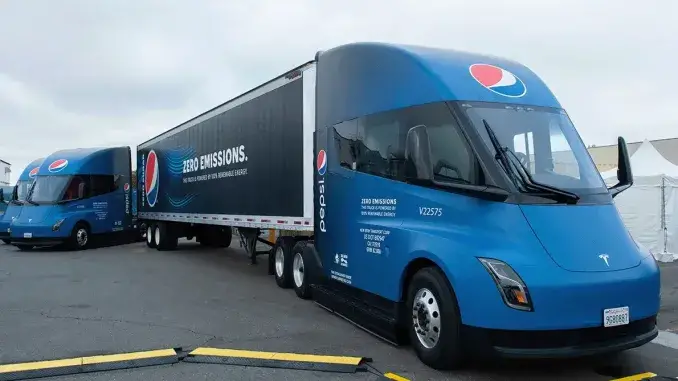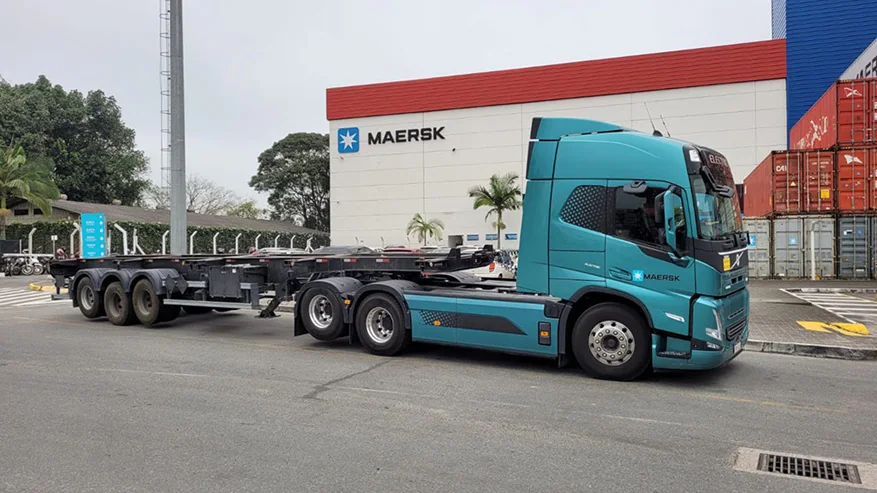Ford Motor’s Chief Executive, Jim Farley, has alleged that the United Auto Workers (UAW) union is obstructing progress on a new U.S. labor agreement in an attempt to coerce the automaker into granting new battery plant workers the same top wages as those in assembly plants. Farley has also shed light on Ford’s current wait for “final language” from the U.S. Treasury regarding the eligibility of batteries produced at a forthcoming Michigan facility, which will employ Chinese technology, for tax credits.
Farley stated, “The UAW is holding the deal hostage over battery plants,” expressing concerns that a less favorable agreement could potentially jeopardize the financial viability of certain U.S. vehicle production operations.
See also: Biden Administration Offers $12 Billion to Retrofit Auto Plants for EV Production
UAW President Shawn Fain countered Farley’s claims, asserting that the negotiations were far from resolved, particularly on key economic matters like “job security in this EV transition, which Farley himself says is going to cut 40% of our members’ jobs.”
Earlier this week, Ford announced a pause in its $3.5 billion Marshall, Michigan battery plant project, which is set to utilize technology licensed from Chinese battery company CATL. This decision was attributed to apprehensions regarding the plant’s competitiveness in the market.
In 2022, Congress passed the Inflation Reduction Act (IRA), which stipulates that future consumer EV tax credits of $7,500 will be withheld if any battery components are manufactured or assembled by a “foreign entity of concern.” Ford is currently awaiting guidance to determine whether batteries produced at the Marshall plant will meet these requirements, with Farley emphasizing, “We can make Marshall a lot bigger or a lot smaller.”
See also: General Motors Faces Disruption Risk from UAW Strike Amidst Electric Vehicle Focus
On September 8th, Ford penned a letter to Treasury Secretary Janet Yellen and Energy Secretary Jennifer Granholm, warning of the adverse consequences of an unfavorable interpretation of the foreign entity provision. Such an interpretation could lead to a reduction in battery production in Michigan, affecting EV assembly plants beyond the state and leading to a decline in U.S. jobs.
This recent development has also drawn the attention of three U.S. House committees, with their chairs demanding that Ford provide documents related to its partnership with CATL. Republican lawmakers have been scrutinizing Ford’s battery plant plan for months, expressing concerns over the possibility of U.S. tax subsidies benefiting China and the automaker’s dependence on Chinese technology.







